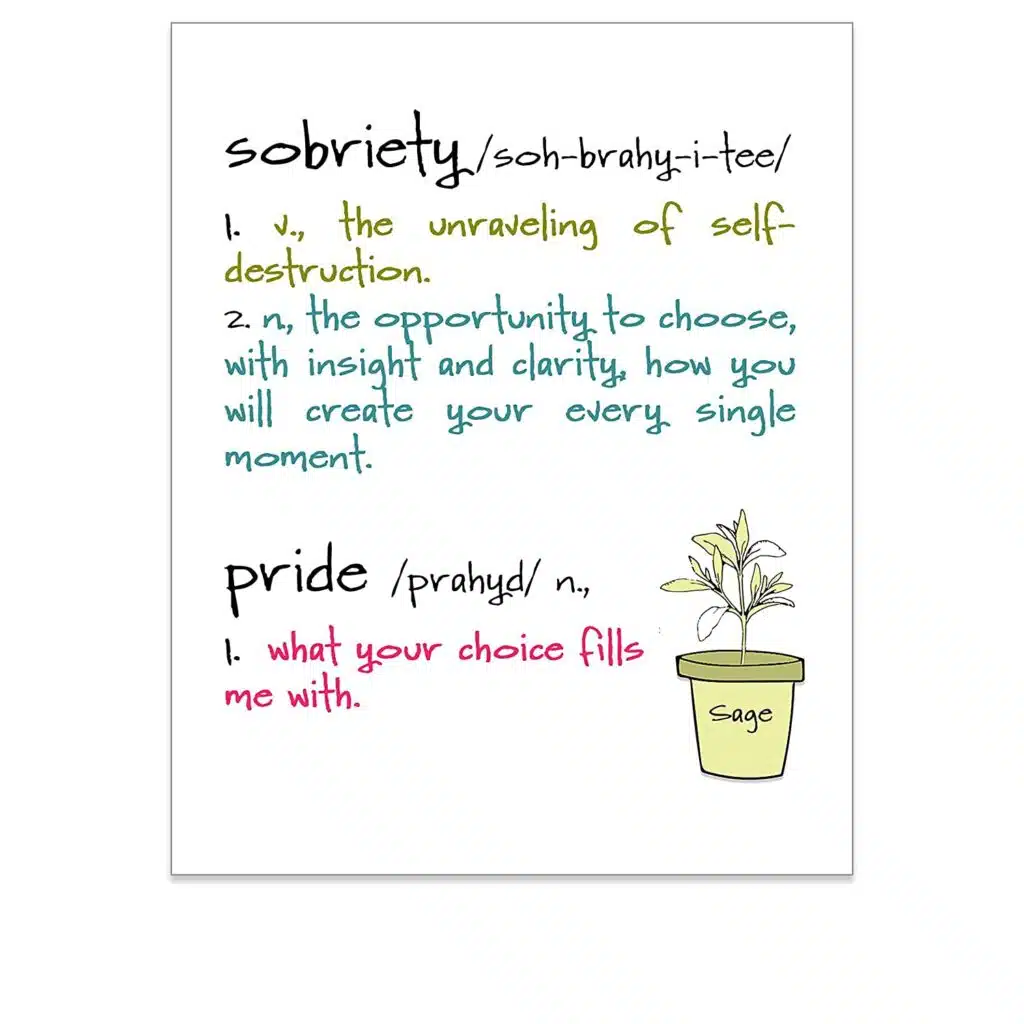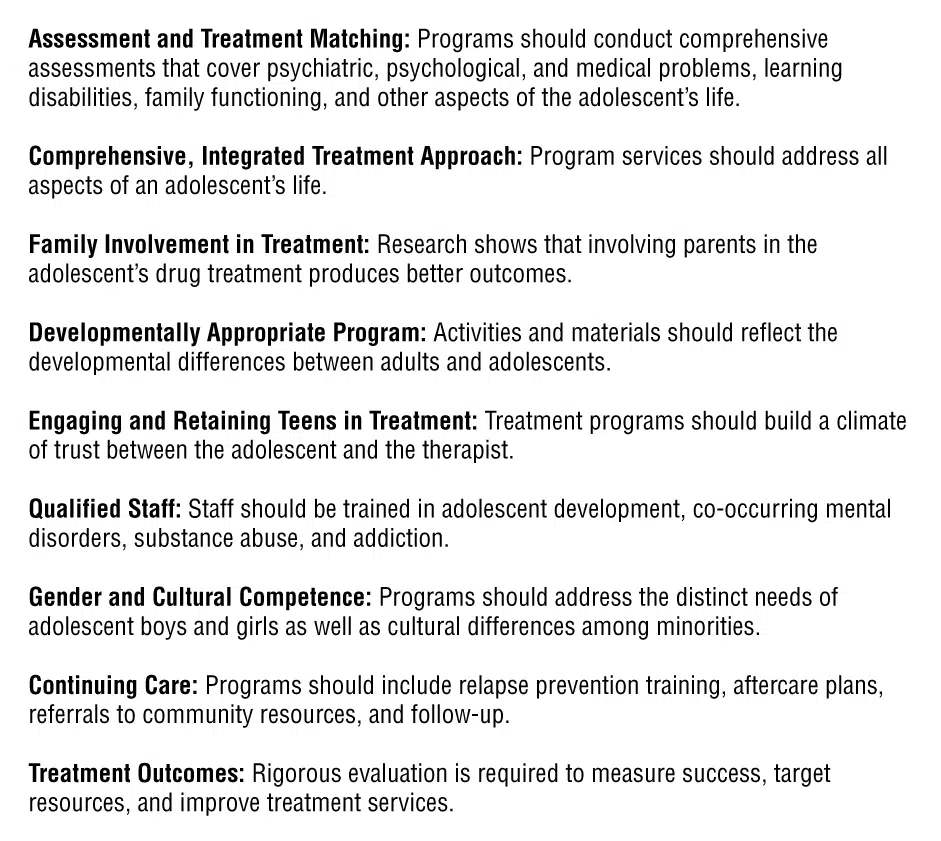What to Expect from a Residential Drug and Alcohol Treatment Program
Drug and alcohol treatment centers first popularized residential treatment. The method has been proven successful and used for other problems, like ADD and other behavioral disorders.
If you look into residential substance abuse treatment programs for teens. There are several kinds of treatment centers, and each one merits parental attention before making a decision.
This article will discuss what to look for when choosing a residential drug and alcohol treatment program and what you should expect.
How to Choose a Drug and Alcohol Treatment Program for a Teenager?
A clinical treatment center is best for teens with medical problems and dependency. Some addictions have a dangerous detoxification period that also requires a clinical setting.
When you choose a therapeutic program for your teen, make sure the Program emphasizes character development and education. And it must focus on the adolescent’s physical, emotional, psychological, and spiritual well-being.
Choose a clinical, residential treatment center with a round-the-clock medical staff that monitors patients’ weight and diet daily and tracks their vital signs several times a day to detect any relapses or harmful medical effects of detoxification.
Choose residential teen programs that offer round-the-clock therapists and help teens manage a behavior modification plan that gets to the root of their self-destructive behavior—a program to improve their self-esteem and makes them want to be their best.
Finally, the best teen rehabilitation programs offer a transition strategy that helps reunite the family. They provide long-term support to every home member, ensuring that the substance abuse treatment plans developed are followed and evolve as necessary.
Warnings and Concerns: Some specialized residential services could be harmful to your teenager
Be wary of programs that prevent you from speaking to your child or visiting and won’t show you medical records. We’ve heard of programs investigating for keeping non-addicted children under care, saying they were just “in denial” and not releasing them until their insurance money had run out.
These treatment centers offer regular visits with counselors and psychiatrists. They are sometimes known to replace street drugs with pharmaceutical drugs like Ritalin when they can diagnose a disorder.
Many myths exist about inpatient drug and alcohol addiction treatment programs. Separating fact from fiction is very important. Here we clarify some myths to help you make an informed decision.
Will I be Locked in?
When it comes to a drug and alcohol treatment programs, you will be free to leave if you feel like it. However, the staff strongly encourages you to stay there and complete the Program. With minors, they can be released early to their parents or guardian. They may have this request early on, so you need to be strong as a parent.
Listen to their reasons for wishing to leave the residential drug and alcohol treatment program. If there is any reason to think their overall well-being is at risk, you should take them out of the facility. Report the situation and get them into another program as soon as possible. Most of the time, a child is going to try to get their parents to allow them to return to what is familiar to them.
What do the Facilities Look Like?
Like homes and hotels, the facilities range from essential to highly luxurious. How a residential drug and alcohol treatment program is laid out depends on many factors. Some of them have recreational activities, including horses. Others have comfortable but small rooms for patients to stay in.
If you have a particular type of facility, that can influence where you will stay. Touring the facility before you commit to it is a good idea. You should know where your child will be staying and what the other areas of the complex offer. Cost is strongly influenced by the services, the luxury level, and the treatment program’s quality.
How Long is the Program going to take to Complete?
You may hear that a residential drug and alcohol treatment program lasts about 30 days. You may hear time frames of 90 days, six months, or over a year.
All of that information can be confusing to sift through. What happens, though, is that different facilities have different periods. Their overall curriculum determines approximately how long the stay will be.
Many other factors come into the equation.
For example, how willing the patient is to work on making various changes. If they are resistant, it can be extremely difficult for them to move forward at a decent speed. The severity of the drug or alcohol problem can also influence how long it will take to complete the Program successfully.
Detox
The first 3 to 7 days in a residential drug and alcohol treatment program are for the person to be detoxified. This means for all of the drugs or alcohol to completely leave their system. A person who tries to detoxify on their own often suffers from various side effects.
In a residential program, the individual can be closely monitored and given medications to help reduce the severity of the side effects.
Most youth residential treatment facilities require the detox process to be completed before entering. They won’t admit you to the Program if you aren’t clear of all drugs and alcohol from your system. Those that offer on-site detox programs seem to be the most effective.
Counseling and Education
Both counseling and education are a huge part of these programs being successful. Patients are often enrolled in both individual and group sessions. Education that covers many things, including how to identify triggers that can cause a relapse, is crucial.
After Care
The treatment doesn’t just end when you leave the residential drug and alcohol treatment facility. Make plans for aftercare outpatient counseling and support. Studies show that by doing so, a person is much less likely to relapse back into using drugs and alcohol.
The Benefits of Residential Drug & Alcohol Addiction Treatment

New Mindset
Drug abuse does not discriminate based on age, gender, social status, or wealth. Residential drug treatment programs are designed to help all individuals who suffer from addiction. These programs work by helping the individual to change their mindset and find other activities that give them the same positive feelings they once experienced from taking drugs.
Change Takes Time
Statistics show that residential drug treatment programs are more effective than outpatient ones because they are more intensive and treat both the mind and the body. The on-site part of the Program is crucial because it takes time for change to happen.
Remove the Temptations
Many societal temptations can lead a person back into their old drug use habits. There may be other drug users in their peer groups. One of the main benefits of a residential drug treatment program is that it eliminates access to those people and their familiar surroundings. It offers a structured environment where drugs aren’t available.
Program for the Mind and Body
It takes both the body and the mind time to heal from drug use, and you can’t do that when you’re constantly exposed to them. A residential drug treatment program offers help on many levels, including individual attention to help someone get to the root of their addiction problem. Such programs are designed to meet the needs of an individual around the clock.
It is well documented that everyday sources of stress can cause an individual to relapse into old drug use patterns, even if they have the best intentions of stopping. Residential drug treatment programs can help by identifying trigger points. These programs also work to replace the behavior of drug use with a more positive coping mechanism.
A holistic approach is essential for successfully transforming the mind, body, and spirit. Change must occur on all levels for the treatment to be successful. If a person isn’t committed to the Program, the recidivism rate is high. The initial stages can be stressful, including detoxification and adjusting to the new environment. However, once a person is willing to participate in the Program, they can focus all their energy and attention on making it work.
Self Discovery
Self-discovery plays a vital role in a drug treatment program. Delving into emotions, making decisions, and even forgiving yourself for being involved in such activities are necessary for growth. A complete overhaul can happen when a person is ready to leave a residential drug treatment program. For this to happen, though, the Program must be structured well with many learning opportunities.
What a Quality Residential Drug Treatment Program Offers
Many different drug treatment programs are available, but not all are created equal. A quality residential drug treatment program will offer various features and services designed to help patients overcome their addiction and live a life of sobriety.
A quality residential drug treatment program may offer 24-hour medical care, individual therapy, group therapy, family therapy, recreational activities, and more. A quality residential drug treatment program aims to provide patients with the tools they need to overcome their addiction and live healthy, productive life.
You should find one that offers detoxification, individual and group counseling, behavior modification, exercises, which increase serotonin in the brain, and self-exploration activities. The use of 12-step programs is highly effective with this type of treatment program.
Support is Important for Success
A residential drug treatment program can help a person break free from the grip of drugs and start moving towards a happier, fulfilling drug-free life. Taking things one step at a time and having the correct information while receiving personalized support during various stages of treatment can give a person a new lease on life. This support must continue even after leaving the facility. Part of the program involves:
– Learning how to find that support
– Finding a sponsor
– Making better choices for the future.
Overcome Barriers
Some people experience anxiety over the finances related to the residential drug treatment program. Many employers are willing to hold a job for a good employee that needs such help, and today most health insurance offers coverage for drug rehabilitation.
Drugs can take complete control over life. Deciding to make changes and break that bond is a huge step in the right direction.
Residential drug treatment is a long-term solution for those struggling with their addiction. If someone you love is struggling with addiction or at risk for substance use disorder, don’t wait. Take the first step to healing and recovery for people with substance use disorders today, and help them take control of their lives. You don’t have to figure out this alone. Call now for a free consultation from our caring and dedicated family advisors. Get help now!
What to look for when choosing an effective adolescent drug treatment:

Here are additional resources you might be interested in:
Questions and Answers about Residential Treatment Programs for Teens















